Café de Flore

In comparison to other major film industries around the world, it could be said that the UK is somewhat deprived of what films the fair state of Canada has to offer. Their bi-lingual society naturally produces French and English-speaking films but the vast majority seem to lie with the French, so the cinemas in the UK tend to miss out on the few Canadian films made that are English and French spoken. Café de Flore is just one of the few films that managed to slip through the net and make it onto our screens here in the UK.
Managing to pick up twelve nominations at this year’s Genie Awards for Best Picture, Best Director and Best Original Screenplay, the film attempts to explore two very different relationships that occur in two very different time periods.
One narrative follows the unconditional love between Jacqueline (Vanessa Paradis) and her son Laurent, who is a young child suffering from Down’s syndrome in 1960s’ Paris. The other, focuses on Club DJ Antoine (Kevin Parent) in present-day Montreal talking to a psychotherapist about his struggles as he tries to juggle his time between current girlfriend Rose (Evelyne Brochu) and his troubled ex-wife Carole (Helene Florent). The stories of both families are explored in parallel, leading the audience to an astonishing final sequence where the link between the narratives is finally revealed.
As we witness the onslaught of drama that occurs in both stories, whether it is prejudice against Laurent’s condition in one or the end of a long marriage in the other, it becomes so engrossing that the question of why we are being shown these two seemingly unrelated stories is long forgotten as the topic and meaning of love is explored quite eloquently.
The relationship between Jacqueline and her son is the most appealing to watch on screen as viewers, like myself, who know but aren’t intimately familiar with Down’s syndrome, and how it affects family life, are instantly educated. One of the more well-known characteristics of DS is that is causes the person to be more openly affectionate and loving towards other people, which can also often make them more vulnerable. In the film, Laurent meets a girl who also has the same condition, Vero. He instantly falls in love with her leading to a beautifully shot juxtaposition between his love for Vero and his love for his mother that, as the film progresses, mysteriously beings to mimic the life of DJ Antoine.
Director Jean-Marc Vallée has done a valiant job on directing Café de Flore. After his first major feature film CRAZY won the award for Best Canadian Feature Film at the Toronto International Film Festival in 2005, he has most recently worked with British actress, Emily Blunt, in The Young Victoria. His unique style of allowing the camera to linger, close enough for the actors’ expressions to do most of the talking, seems to have passed on from his previous films, and it very much works.
An ending which seems to contradict what was said earlier about the relationships in Café de Flore being “very different”; similar to The Cabin in the Woods, it’s best if not much is said about it. It involves questionable elements but, in hindsight, does fit in with the atmosphere and nuance of the film.
Richard Taverner
Café de Flore is released in select cinemas on 11th May 2012.
Watch the trailer for Café de Flore here:

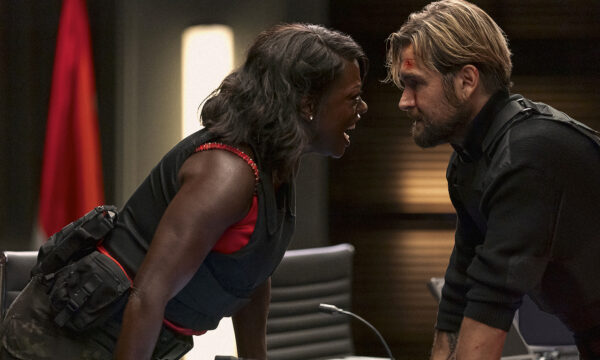
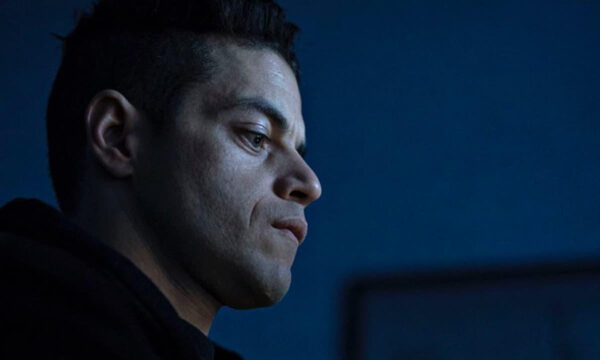
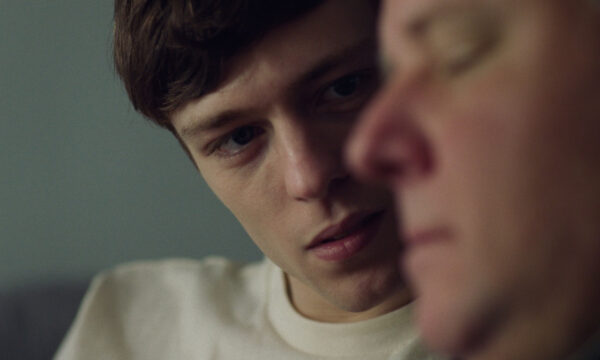
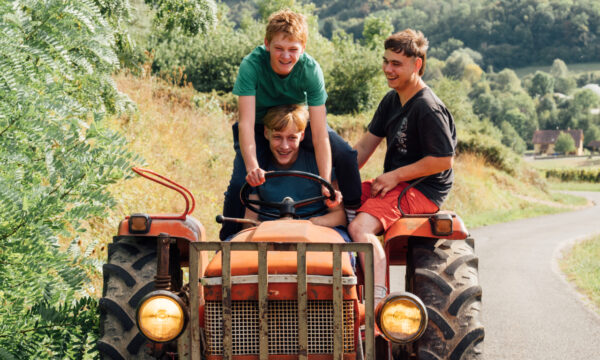
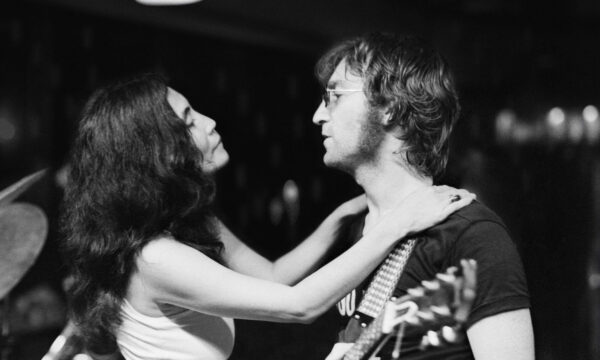
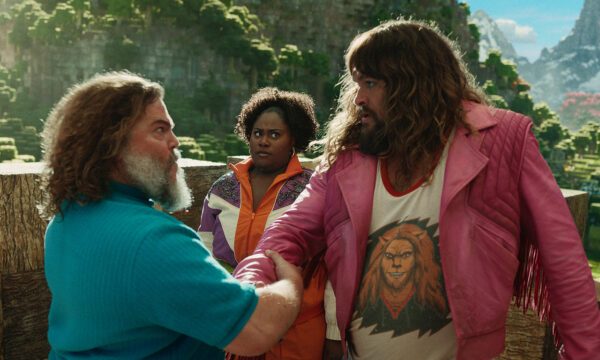
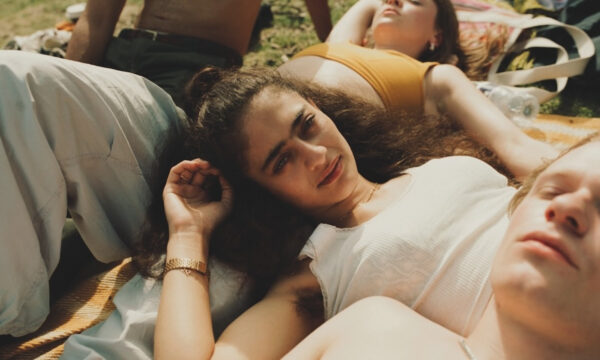















Facebook
Twitter
Instagram
YouTube
RSS